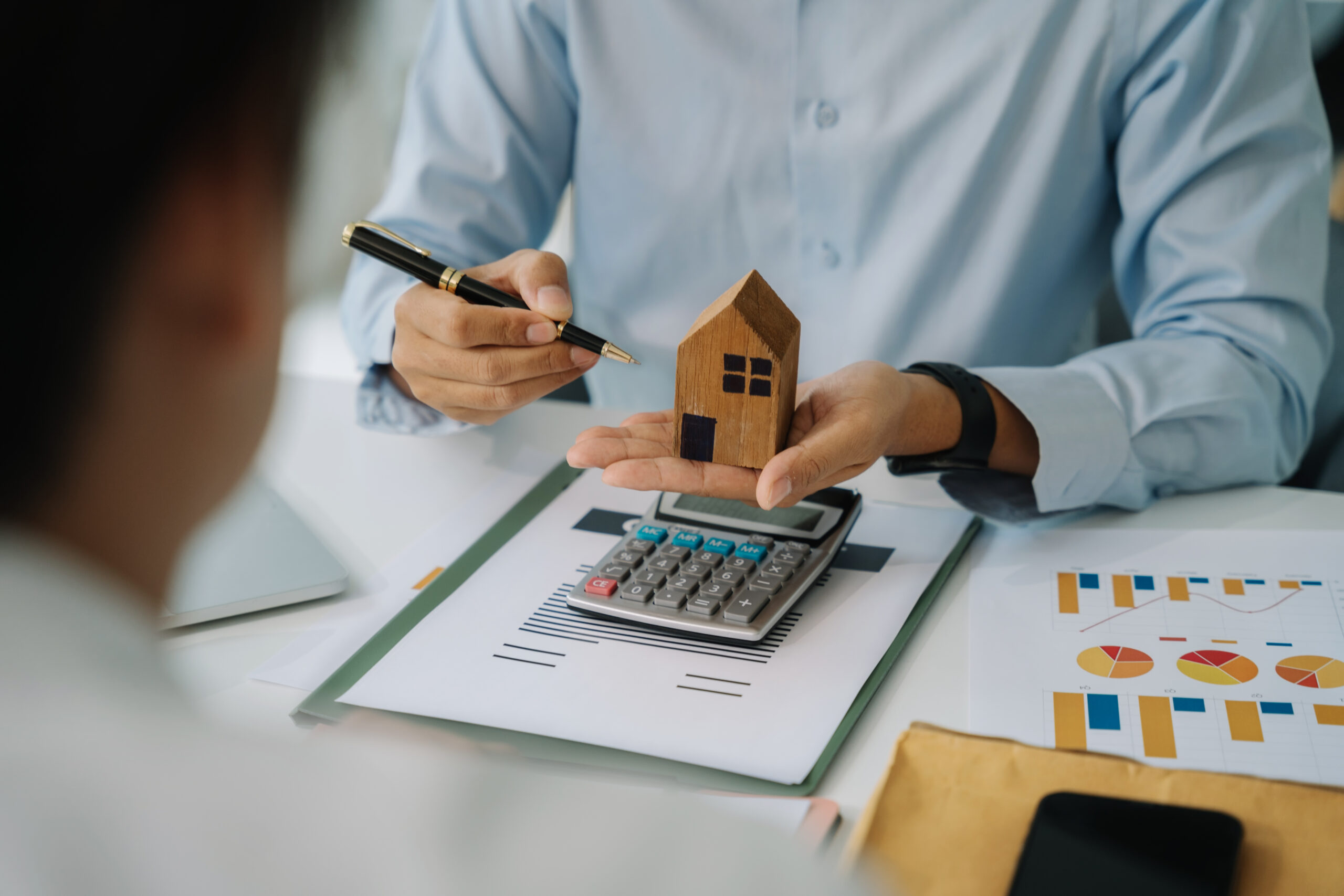Your Journey to Homeownership: Key Considerations Before Buying a Home
If you’re contemplating the decision to purchase a home, it’s natural to have a lot on your mind. Your thoughts may be consumed by financial considerations, current mortgage rates, home prices, the limited availability of homes for sale, and more. Balancing all of these factors and understanding how they will impact your decision can be overwhelming.
While the state of the housing market is certainly an important factor to consider, it’s crucial to remember that your own personal circumstances and financial situation may be even more significant. As stated in an article from NerdWallet, “Housing market trends provide valuable context. However, whether it’s a good time to buy a house also depends on your financial situation, life goals, and readiness to become a homeowner.”
Instead of attempting to time the market, it may be beneficial to focus on what you have control over. To gain clarity on whether you’re prepared to take the leap, here are a few questions to consider:
1. Do you have a stable job?
The stability of your employment is a crucial factor to consider. Buying a home is a significant investment, and when you sign a home loan, you are committing to repay that loan. This can feel like a substantial obligation. Having a reliable job and a steady income can provide peace of mind. As NerdWallet advises, “Wait until your employment is stable before considering buying a house.”
2. Have you determined what you can afford?
To gain a clear understanding of what you need to save and what you can expect to spend on your monthly payment, it’s advisable to consult a trusted lender. They can guide you through the pre-approval process, inform you about borrowing options, provide information on current mortgage rates and monthly payments, estimate closing costs, and advise you on the down payment required. You may discover that you are closer to your goals than you initially thought. It’s important to note that a 20% down payment is not always necessary, as many mortgages require only 3% to 5% of the purchase price. Additionally, there are loans and grants available to assist with these costs. Research down payment assistance programs in your area and discuss the results with your mortgage lender.
3. How long do you plan to reside in the home?
Another crucial consideration is the length of time you intend to stay in the property. Building equity in your home takes time, through loan repayment and home price appreciation. If you plan to move too soon, you may not recoup your investment. For instance, if you anticipate selling and relocating within a year, it may not be the right time to buy. As CNET advises, “Buying a home is a good idea if you plan to stay put for at least three years. Home values typically increase between 2% and 5% annually, so selling after only a year or two may result in paying more in closing costs than you would earn in proceeds.”
Ultimately, it’s essential to consider your future plans. If you anticipate a job transfer to a different city due to an upcoming promotion or if you expect to move closer to care for loved ones, these factors should be taken into account.
Above all else, the most crucial question to answer is whether you have a team of real estate professionals in place. If not, it’s advisable to find a trusted local agent and lender to guide you through the process.
The Bottom Line
If you’re contemplating the decision to buy a home, these questions can provide valuable insight. However, the most reliable resource for guidance and support is the assistance of trusted local experts.
What To Do
Did you find this read interesting? Need expert and white-glove advice? Get in touch for local and professional real estate advice in your neighborhood. Fill in the form above to speak with a real estate professional specializing in this topic and more!
